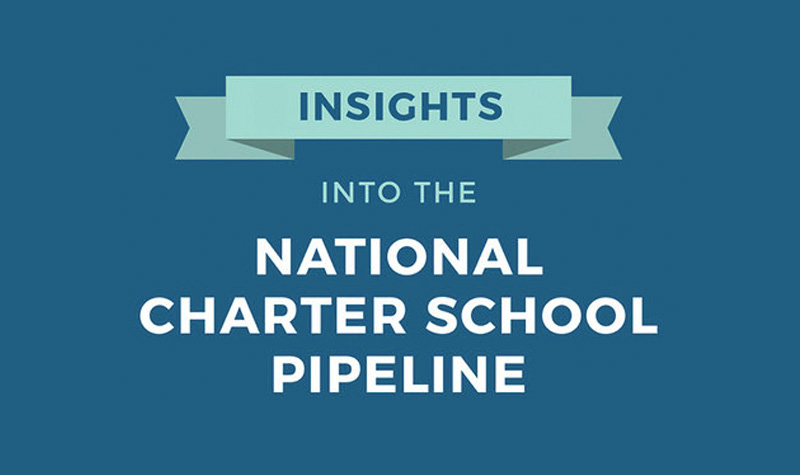By: Paul O’Neill, Senior Fellow of The Center for Learner Equity
Last week, the National Association of Charter School Authorizers (NACSA) issued an engaging new report on its review of nearly 3,000 charter school applications submitted to authorizers in 20 states over the last several years. Called “Reinvigorating the Pipeline: Insights into Proposed and Approved Charter Schools,” the report identifies a range of significant trends, including these:
- The “no excuses” model is becoming much less prevalent – with authorizer approval of such applications falling 40% over the last 5 years.
- In contrast, “diverse by design” school models are surging, with authorizers approving such applications at a rate of nearly 65% nationwide.
- Schools designed specifically to serve a special education population comprise only 2% of the charter applications NACSA reviewed; such applications were approved about 42% of the time, a rate comparable to that of more general applications.
NACSA acknowledges that this analysis is just scratching the surface of what we can learn from the data it has identified. One element it wants to drill down on is equity and access issues. That inquiry could shed important light on special education considerations, including these:
- What sorts of information about serving students with disabilities do authorizers require of applicants?
- What are applicants saying about how they will serve diverse learners? How much knowledge do authorizers have about this when they are deciding whether or not to approve an application?
- Are certain approaches to special education finding favor with authorizers? Are others less likely to be approved?
Currently, this sort of information is scarce and very localized; a national study would be of tremendous value in understanding the current charter environment and fostering positive change. The Center for Learner Equity looks forward to NACSA’s continuing work in this area. The full report can be found here.

Comments are closed.